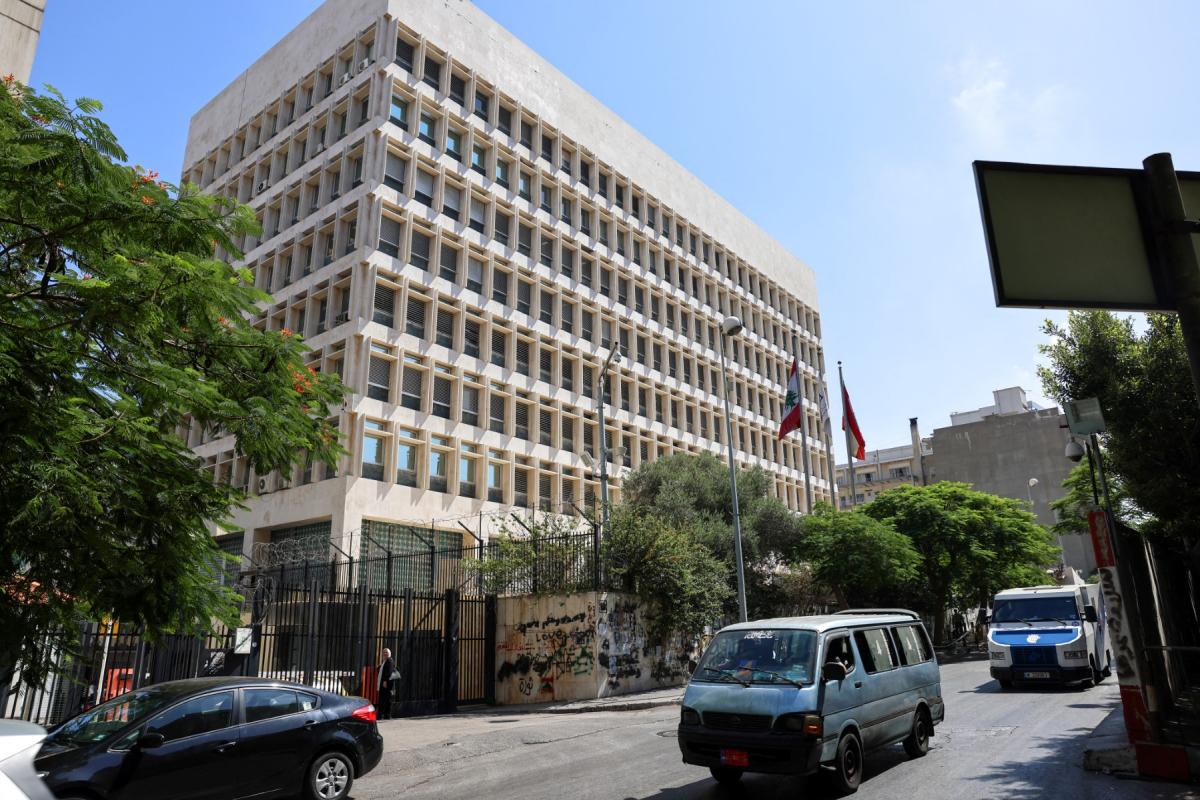The term "banking secrecy" refers to the legal framework that protects the confidentiality of financial information held by banks about their clients. Although such laws vary from country to country, they universally prevent banks from disclosing personal and financial information without customer consent or a court order. The scope of banking secrecy ranges from basic professional confidentiality to strong financial privacy protections. Historically, countries like Switzerland, Luxembourg, and Lebanon became synonymous with strong financial secrecy — until the global landscape began to shift, particularly after the September 11, 2001, attacks on the World Trade Center in the United States.
Switzerland was the first country to formally adopt banking secrecy laws, passing its landmark legislation in 1934. The move was a direct response to the spread of totalitarian regimes across Europe. It reflected Switzerland’s desire to protect individual assets, particularly those of people fleeing oppression or authoritarian governments. Breaching banking secrecy became a criminal offense punishable by fines or imprisonment.
Initially, banking secrecy had positive impacts on Switzerland by attracting wealthy individuals and companies seeking financial privacy. However, these laws also facilitated tax evasion, money laundering, and terrorist financing. Under mounting international pressure — notably from the United States — Switzerland began loosening its banking secrecy laws in 2008, allowing some access for foreign authorities and domestic and international courts.
Scholarly research and regulatory reports agree that banking secrecy has both advantages and drawbacks:
Advantages:
- Protecting financial privacy
- Encouraging savings and investment
- Attracting foreign capital
- Strengthening confidence in the banking system
- Shielding assets from political instability
- Providing a legal framework for data protection
Drawbacks:
- Enabling tax evasion, money laundering, and terrorist financing
- Reducing financial transparency
- Eroding public trust
- Creating international legal tensions and global pressure
- Fostering inequality and social injustice
- Being exploited by corrupt regimes
- Hindering international cooperation
- Damaging national reputations
Banking secrecy has long been a subject of intense debate, focused on balancing personal privacy with the need for transparency to prevent misuse. Major global events, notably the 9/11 attacks, accelerated efforts to combat banking secrecy through treaties and regulations like the Anti-Corruption Convention, FATCA, and GATCA. Many countries voluntarily complied, while others resisted. Yet the sheer weight of the U.S. economy — and the fear of sanctions — ultimately led Switzerland, Luxembourg, Liechtenstein, and others to relax their banking secrecy protections.
Lebanon introduced its own banking secrecy law in 1956, 22 years after Switzerland, heavily inspired by the Swiss model. The law played a critical role in cementing Lebanon’s status as a regional financial hub. In particular, Lebanon attracted Palestinian capital following the Nakba, as well as substantial petrodollar inflows, which fueled the country's economic growth.
However, in recent decades, Lebanon’s banking secrecy laws have faced growing scrutiny and international pressure, due to their misuse for illicit activities. The first major amendment came with Law 318/2001, followed by Law 44/2015, Law 306/2022, and, most recently, Law 1/2025.
The latest reform (Law 1/2025) grants three additional entities full access to banking information related to clients:
- The Central Bank of Lebanon (BDL)
- The Banking Control Commission
- The National Deposit Guarantee Institution
- These join the four bodies previously authorized to access banking data:
- The Special Investigation Commission (SIC)
- The Tax Authority
- The National Anti-Corruption Authority
- The competent judiciary
Four strategic goals can be drawn from the latest amendments:
- Bank Evaluation: Authorities can now fully assess banks’ commitments to depositors and their ability to meet obligations.
- Prosecution of Financial Crimes: Authorities can pursue individuals suspected of financial crimes as defined under Article 1 of Law 44/2015, which lists 21 activities generating illicit funds.
- Asset Seizure: Seizing the assets of wrongdoers could reduce the burden on depositors' refunds.
- Tracking Sanctioned Financiers and Brokers: The primary international driver behind the reform is the ability to trace financiers and brokers supporting sanctioned groups.
What changes now compared to previous laws?
Law 44/2015 — which replaced Law 318/2001 — already granted broad powers to the Special Investigation Commission, with no time or content restrictions. The 2022 amendment added access for the judiciary, tax authorities, and anti-corruption agencies. Yet despite these measures, little changed on the ground: tax revenues stagnated, wealth inequality deepened, and depositors' funds were increasingly used to finance public spending.
The latest reform strengthens enforcement by granting access to the Central Bank, Banking Control Commission, and Deposit Guarantee Institution, and, by extension, independent auditors.
The real question now is: Will this law be effectively implemented?
Lebanon has a history of non-implementation: more than 80 laws remain dormant either due to the absence of executive decrees or political interference. Therefore, the possibility that this law could join that list cannot be dismissed.
However, international pressure to expose financiers and brokers supporting sanctioned entities is stronger than ever. This could force Lebanon to implement the law — especially considering recent media reports linking 720 names to upcoming sanctions lists.
Will the political class be able to evade enforcement once again?
The answer should begin to unfold in the coming weeks.
Please post your comments on:
[email protected]
 Politics
Politics













